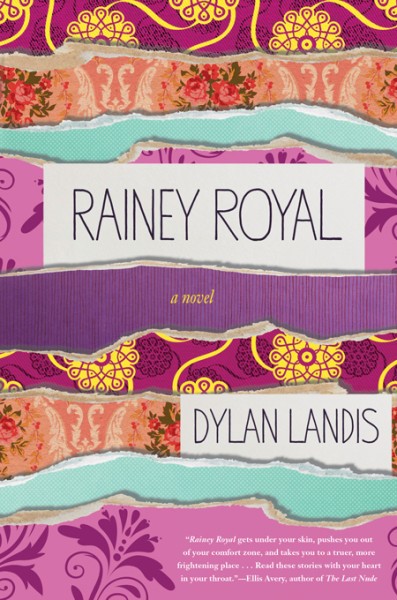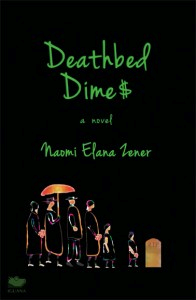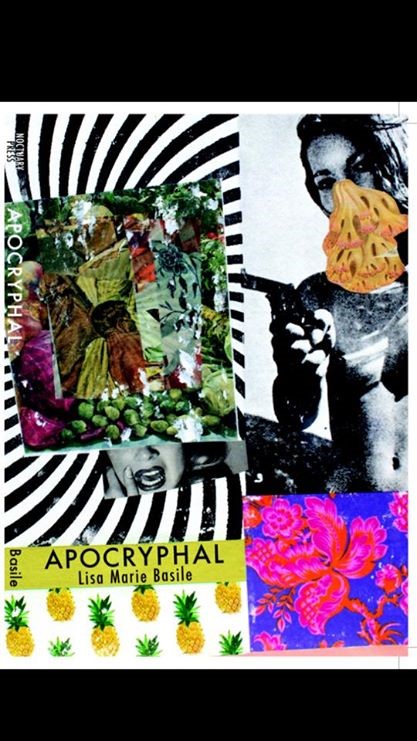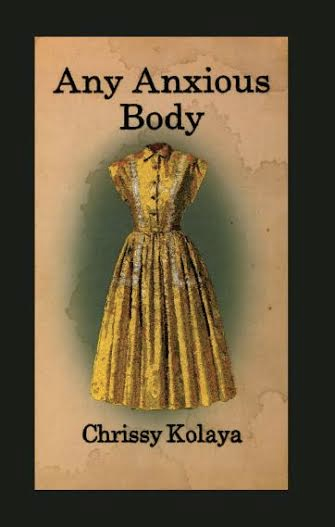256 pages, $25
Review by Sara Lippmann
When I was in the fifth grade, a new girl moved to town. Kelly (not her real name) was blonde and beautiful in that classic Mattel way plus she had boobs. She smacked her gum and mouthed off in class and gave hell to her parents – her adoptive parents, she’d never forget to add – and picked on any kid who played by the rules. Boys were crazy for her and she knew it and she knew what to do.
She lived a couple blocks away, so I walked her to school. I showed her around the neighborhood. My teacher pulled me aside and warned, “Stick with her and you’ll wind up a junkie,” but that did not deter my 10 year-old self from becoming Kelly’s eager minion – if anything, it drew me faster to her designer-jeaned hip.
She was my Rainey. The star of Dylan Landis’ tremendous first novel grabs the reader by the throat on the first page and does not let you out of her hot fist. Rainey Royal – the name alone! – is the quintessential mean girl, worshipped by other girls, who intimidates her teachers, worldly beyond her years, the girl who entrances the boys, whose amped sexuality sees lust everywhere, from the Pearls Drops commercial to the “muscles in the thigh of a Christ,” whose magnetic spell one could drink up and drown in.
Rainey comes by her appeal honestly. Her father, Howard Royal, is himself larger than life, a famous jazz musician and polyamorous lover – can we just call him a slut? – who practices free love with his many students/acolytes. When the novel opens in 1972, Rainey’s mom, Linda, has moved out of the city for an ashram in Colorado, seemingly fed up with their dingy village townhouse’s revolving door of bed partners (even if she’s had her share), leaving Rainey alone in the jazzy sex den with all its potential dangers – including her father’s creepy best friend, Gordy, a horn player, who visits Rainey’s bed to stroke her hair at night.
Her home life unstable, Rainey is tough. She’s become adept at navigating the world without supervision. An absent mother, a self-absorbed father who puts her on the pill at 14, it’s no wonder there’s an almost desperate hunger to her need for influence, a penetrating sadness to her attention-seeking, pain behind her cruelty. She can’t keep alienating people; even her victims become friends. After hazing Leah Levinson, “Rainey, with pleasure and surprise, realizes that her powers sharpen when she opens the cage door, not when she locks Leah in.”
The novel follows Rainey over roughly a decade – from the early 70s until the early 80s. In Landis’ assured hand, New York from this period comes alive with wit and grit and clouds of smoke, tie-dye scarves and pink shag carpet, as a time when music carried out onto the street (along with the occasional weapon) and artists could get by on creativity alone, a city pulsing with heart and soul before it sold out to the slicks of Wall Street.
Even at her most horrible – when Rainey and her best friend, Tina, follow a couple at gunpoint into their apartment and rob them of small, meaningful things, like letters and family photographs – she is complex and interesting. She has an eye for objects. She collects.
Rainey makes tapestries. “’I can always tell what emanates from a thing,’ says Rainey. ‘I work with objects that belonged to the dead.’” They don’t pay much, so she mooches. For a while she even shacks up with the elderly widower for whom she’s making a wall-hanging about his dead wife.
Meantime, her father, the great Howard Royal, proves to be one of the most disappointing and heartbreaking characters in literature. After Damien, one of his musical freeloaders, sexually assaults Rainey in her bed, not only does Howard fail to protect his daughter, allowing the offender to keep living under his roof – he all but calls her a liar:
“’Maybe he misunderstood your cues,’ says Howard. ‘Maybe what you are experiencing now is called regret.’
He reaches over and palms something on his nightstand, and Rainey hears the tiny tambourine sound of a pill bottle being shaken.
‘Regret?’ says Rainey. ‘You think what I’m experiencing now is called regret?’
‘Sweet baby girl,’ says Howard, ‘take a Seconal.’”
Like Rainey’s tapestries, the novel is stitched together through self-contained chapters, all of which function beautifully as independent stories. I’d read “Trust” last year in Tin House without realizing it was a part of something longer. Like her rebellious protagonist, Rainey Royal bristles against convention, thumbing her nose at stodgy attitudes on how a novel should be built, and instead offers something wholly refreshing. Perhaps we’ve seen hints of this before, in Elizabeth Strout’s Olive Kitteridge, or Jennifer Egan’s kaleidoscopic A Visit from the Goon Squad, but what sets Rainey Royal apart is almost all of the sections are firmly rooted in Rainey’s point of view.
Linked stories. Novel-in-stories. I don’t care about semantics. What I care deeply about are Landis’ brilliant structural choices.
If short stories tend to favor the jump cut as a means of ramping up the stakes and propelling the action forward, then Landis, with her chapters/stories, has taken the jump cut to a whole new level. What she has done, in effect, is remove a lot of connective tissue, the slow paced, often draggy fillers of chronology. Maybe we don’t see the day Rainey graduated from high school, but the reader does not require this kind of hand holding and Landis knows it. Instead, she masterfully weaves in crucial details that bring us up to speed even as they don’t assume primary focus, choosing instead to spend time on only the moments that matter. She trusts her reader’s ability to make those, which translates to a most rewarding experience.
Contrary to the belief that the Great American Novel – like all things American – has to be supersized, Rainey Royal is 250 pages of lean, meaty proof that this simply isn’t true. The only thing this novel lacks is that indulgent bloat, those 50 page tangents readers skim or skip over but mostly forgive in the name of greatness. (Or Goldfinch. Or Franzen.) Landis offers a bold alternative of which I hope we see more and more: the novel as feat of compression.
Rendered tautly through crisp, beautiful, often hilarious prose, Rainey is a character who lives on in readers’ minds long after the last page. It’s no surprise she first appeared in Landis’ earlier story collection, Normal People Don’t Live Like This. Rainey is still bursting with stories. I haven’t stopped thinking about her.
“Why, thinks Leah, why do you love her? She knows why she loves Rainey Royal, who is both cruel and kind, who works with objects that belong to the dead, who can sweep her gaze across Leah’s white-box life and make her feel, if only for an hour, that she is the most thrilling person Rainey knows.”
As for my Rainey?
Kelly made an irresistible bully. Our friendship (if you could call it that) involved my tiptoeing around her so as to not trigger her volcanic moods, putting out fires when she erupted. I did her homework, forged her parents’ signature on detention slips. In return, she gave me her hand-me-down jeans. In return, we drank beer with high school boys. By middle school, she’d terrorized half the class – and this was before the Internet.
When I finally stood up for myself, we broke-up. Ours was a hysterical, all consuming break-up that would drive her out of school and haunt me for years. I haven’t seen her since I was 13. I hear she is a counselor, specializing in the troubles of teenage girls.
***
Sara Lippmann is the author of the story collection Doll Palace.
![[PANK]](http://pankmagazine.com/wp-content/themes/pank/assets/images/pank-logo-large.png)







